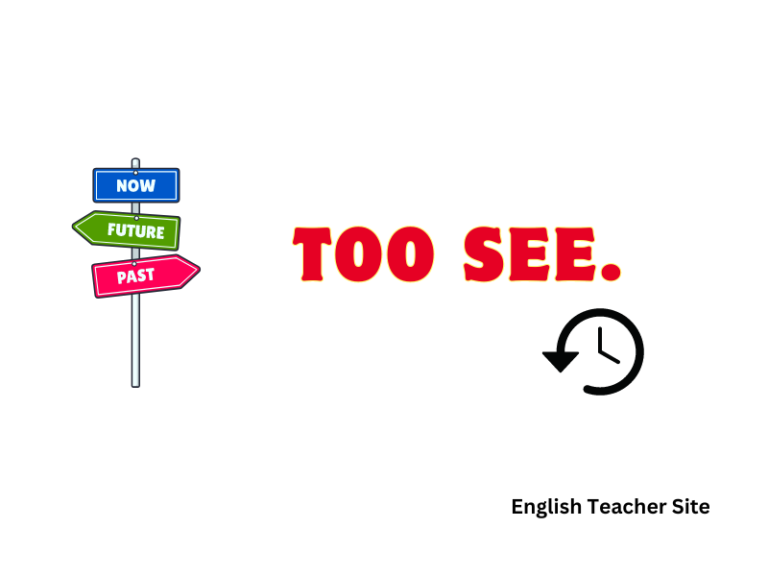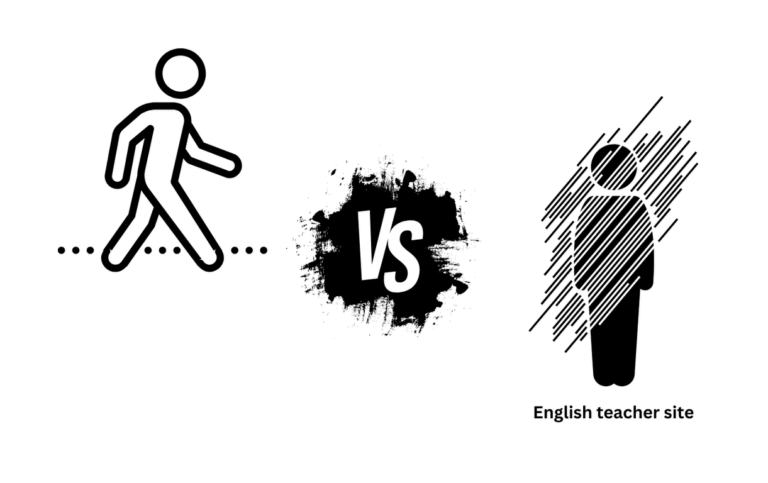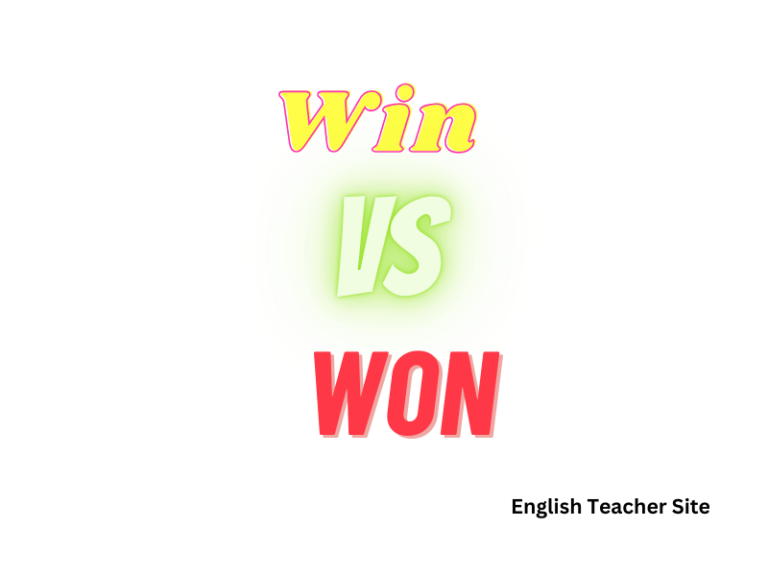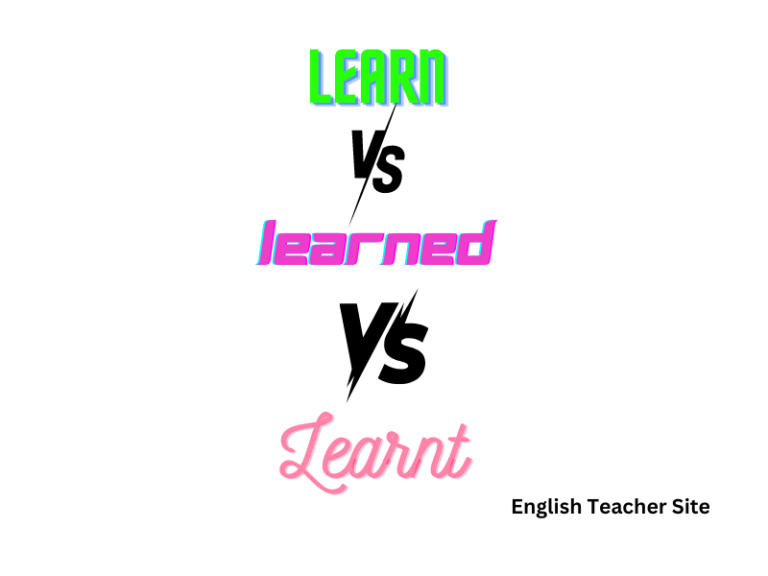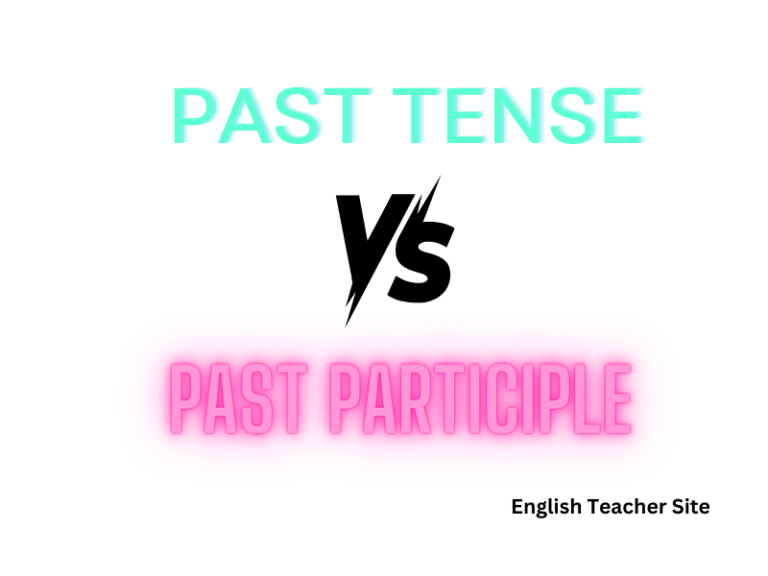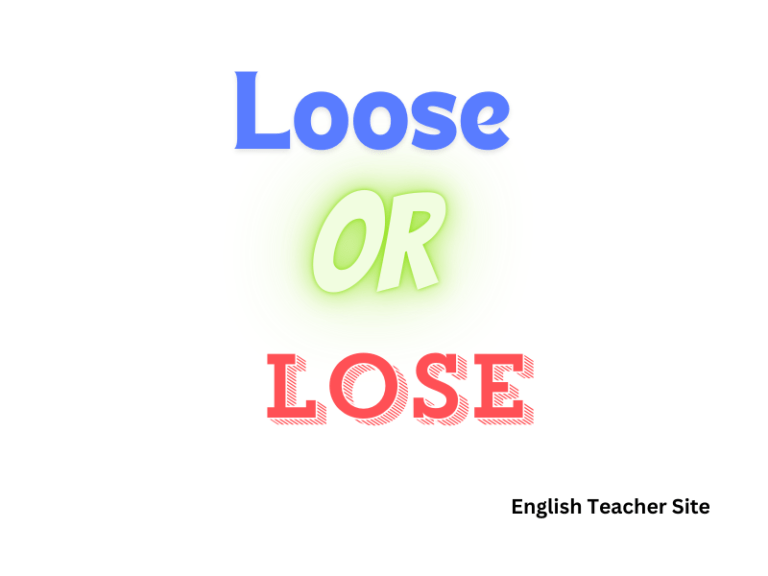What’s the Past Tense of Meet: Understanding Verb Conjugation
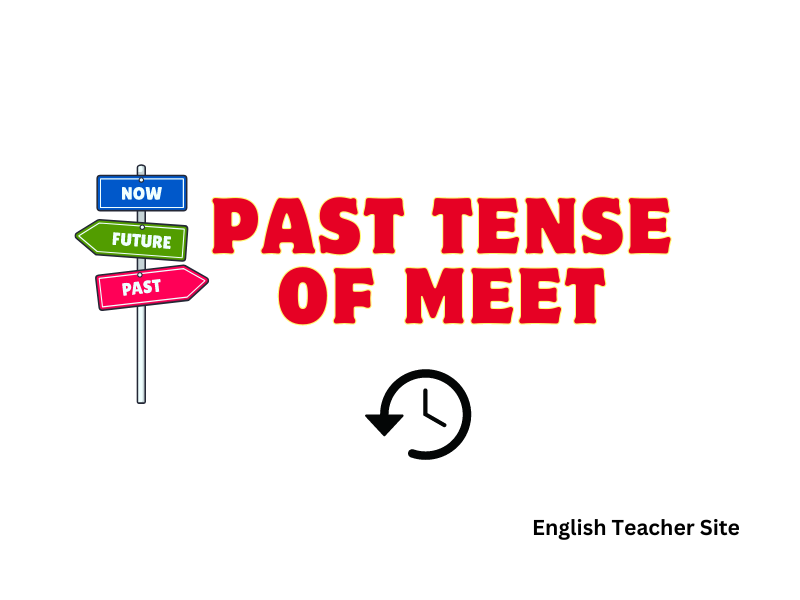
- The past tense of “meet” is “met.”
- Understanding verb tenses is crucial for clear communication.
- “Met” demonstrates how some verbs deviate from the regular past tense “-ed” suffix.
When discussing events that have already happened, it is vital to use the correct verb tense to convey the message accurately. “Met,” as the past tense of “meet,” follows the typical structure of simple past tense verbs in English, despite not adhering to the common “-ed” ending seen in regular verbs. As part of the learning process, it’s important to recognize and become accustomed to both regular and irregular verb conjugations in English.
What’s the Past Tense of Meet? Meet or Met?
The past tense of the verb “meet” is “met,” not “meet” or any other variation like “meeted”. This distinction is crucial for proper English grammar and forms the basis for correct verb usage in past narrative.
Verb Tenses of Meet
- Present Simple: I/we/you/they meet; he/she/it meets
- Past Simple: I/we/you/they/he/she/it met
- Present Continuous: I am/we are/you are/they are/he is/she is/it is meeting
Regular or Irregular Verb: Meet or Met?
Meet is considered an irregular verb. Unlike regular verbs, which create the past tense by adding “-ed” to the base form, irregular verbs have unique past tense forms. In this case, “met” is both the past tense and past participle form.
Understanding Met as Past Tense or Past Participle
- Past Tense: I met her yesterday.
- Past Participle: I have met her before.
Examples of Present Tense “Meet” in Context
- They meet at the café every Sunday.
- She meets with clients frequently.
Examples of Past Tense “Met” in Context
- We met at a conference last year.
- He met his goals for the month.
Synonyms of Meet/Met
| Present Tense | Past Tense |
|---|---|
| encounter | encountered |
| greet | greeted |
| come across | came across |
Origin of the Verb Meet/Met
The verb “meet” originates from the Old English word “metan,” meaning “to come across or encounter”. Its usage has been consistent over the centuries, although modern English only uses “met” as the past form.
Learning More About Verbs
To further understand verb tenses and correct usage, one can reference grammar resources that discuss conjugation and provide detailed explanations of verb forms. For example, exploring how “meet” is translated to “meeting” in its present participle form can bolster one’s grasp of tense variations.
Sources
- Definition of meet.
- Etymology online, origin of meet.
My name is Khamis Maiouf. I am the creator of the English Teacher Site, dedicated to providing valuable resources and insights for students around the world. With a passion for education and a commitment to helping students enhance their skills, I aim to make English teaching more effective and enjoyable for both educators and students.

